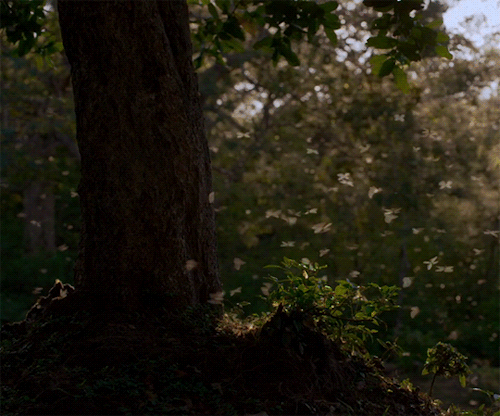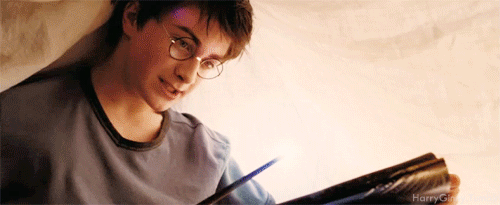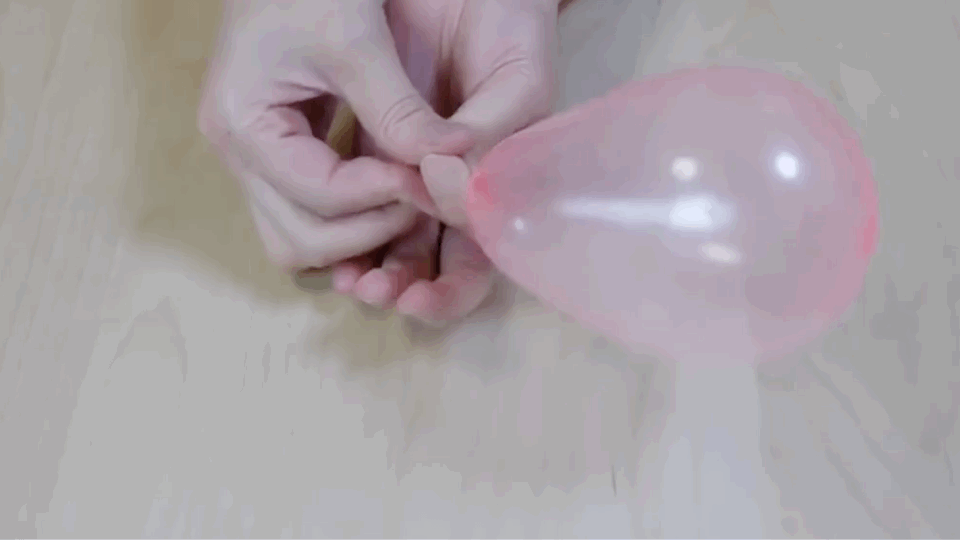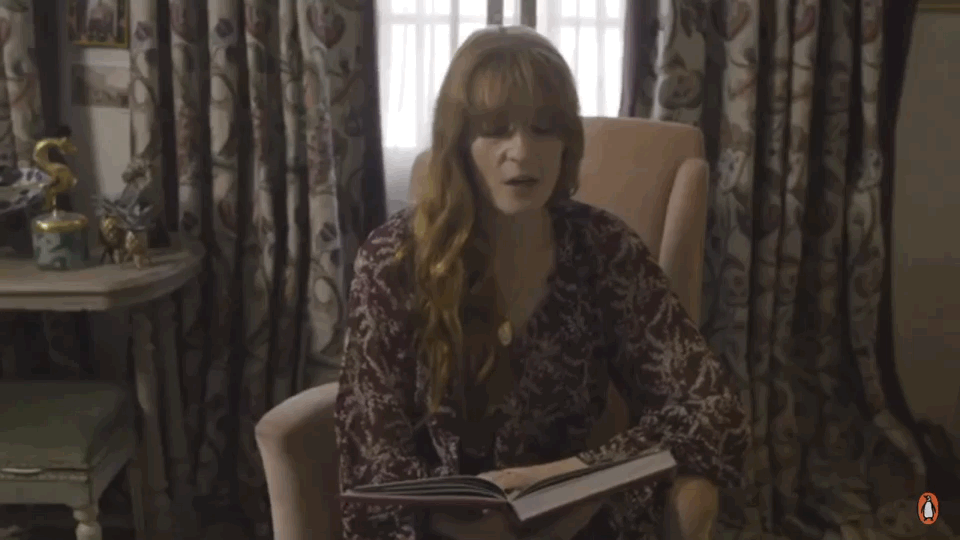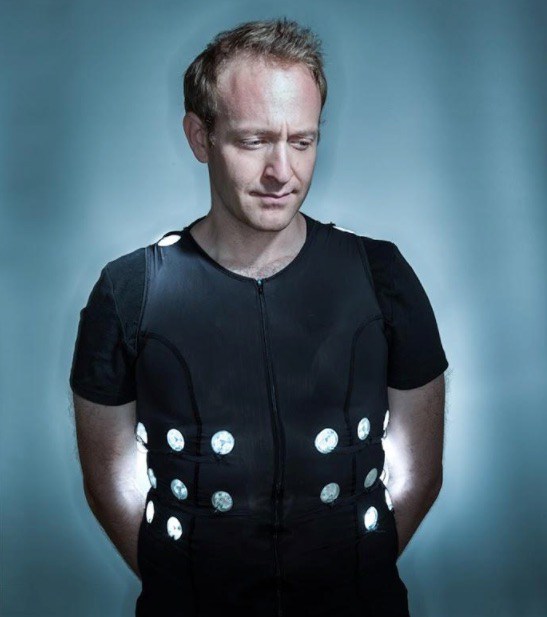“McKamey argues that the most important skill for a teacher is his or her ability to build trust with a student, which develops when students can sense that the educator is willing to hear their ideas, thoughts, and musings despite their challenges with grammar, low grades, or test scores in previous classes. This doesn’t mean that teachers need to cushion their feedback with fake praise, but it does mean, she thinks, that schools should help teachers develop skills to recognize […]
Presumptions of deficit can be damaging, embracing rather than masking autism can open the door for happiness, and piercing ASMR supercuts found in Harry Potter #takethemaskoff
“I have seen some autistic people argue that blaming society for our difficulties is shirking personal responsibility and that we should be aiming to ‘improve’ ourselves. This stance says a lot about their conceptualisation of autism: If one sees autistic people as deficient or lacking in some way compared to non-autistic people then it is understandable that one would believe that acting more like a non-autistic person is “self-improvement.” I do not see autism that way at all. All humans […]
A bitter account of living with misophonia, sensory scientists develop a taste test that can measure sensitivity in preschoolers, and different brain areas have been identified as critical in temporal processing
“Misophonia is a troublesome disorder. My sensory issues go far beyond the grasp of sights and sounds. I feel it every time I touch water that is too hot or cold. I feel it when velvet touches my skin and makes me cringe. If I step out into the hot summer heat after my blissfully air-conditioned atmosphere I can feel the hold on my body. All of my senses are subject to sensory overload and under-load. If I do too much I feel my body pull out from under me. My back crumbles under the pressure.”
Florence Welch shares poetry in her book Useless Magic, a mind-bending sensory reading list from Tom Parks, and humans can detect quantum photons
“Welch’s mother is a professor of Renaissance studies at King’s College London who worried about her daughter skipping university to focus on her musical career, lamenting “what a waste of a brain!” Both the lyrics and the poetry in Useless Magic validate Welch’s choice, offering a chance to appreciate on the bare stage of the blank page the fineness of her words. And like fellow poet-musician Nick Cave (thanked for “inspiration and encouragement” here), Welch has found a way for the song and the voice of the rabbit-hearted girl to coexist. As she says herself: “you can have everything.”
Neuroscientist creates a sensory vest, Prometheus rises again in Westworld S2, and the precision factor in poetry and math
“Stanford neuroscientist David Eagleman invented the Versatile Extra-Sensory Transducer (VEST), a wearable tactile display that translates myriad kinds of information, from speech to sounds to digital data, into patterns of vibrations on the skin. The device was inspired by Eagleman’s study of synesthesia, the fascinating neurological phenomenon whereby stimulation of one sense involuntarily triggers another sensory pathway.”

